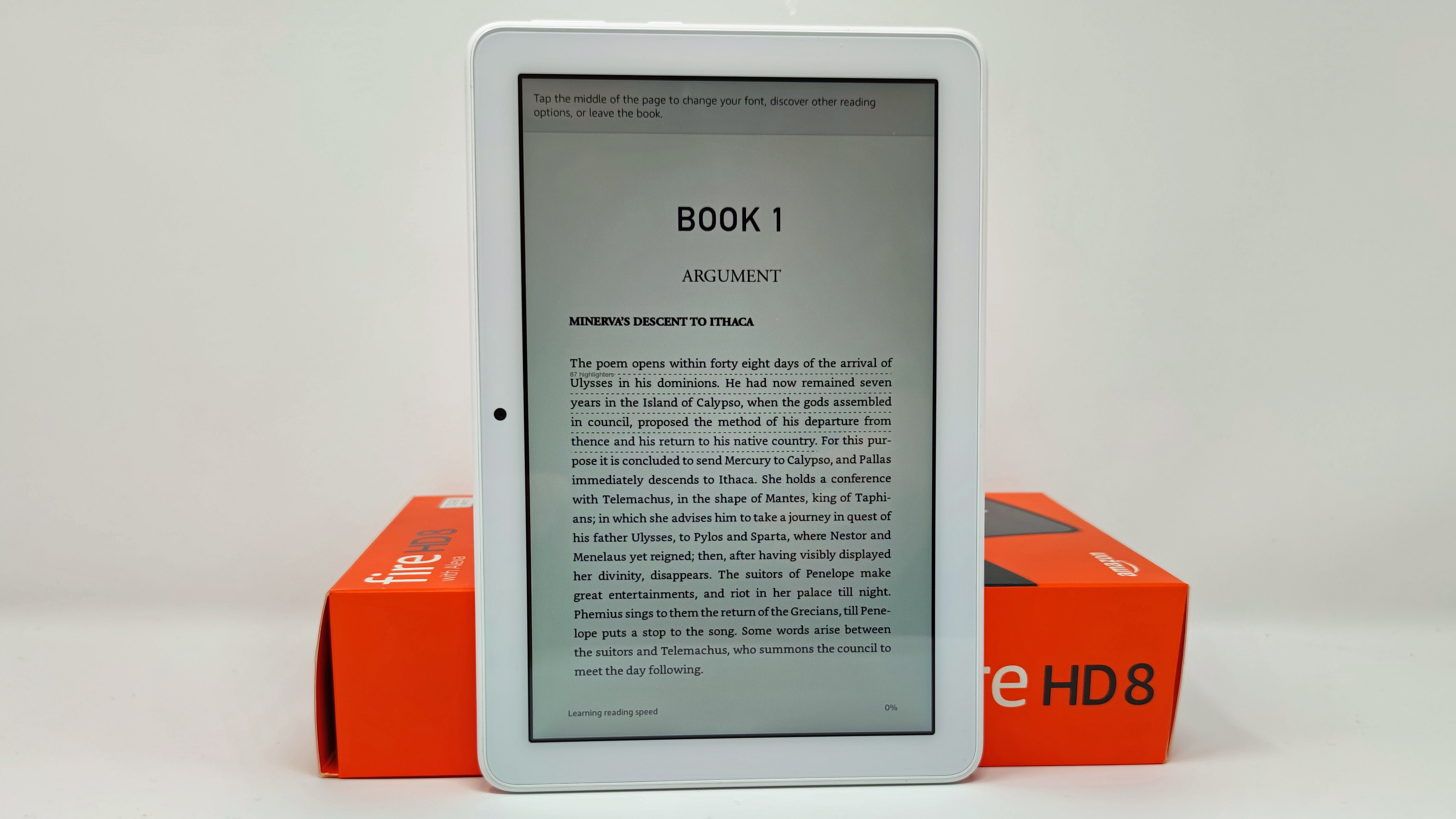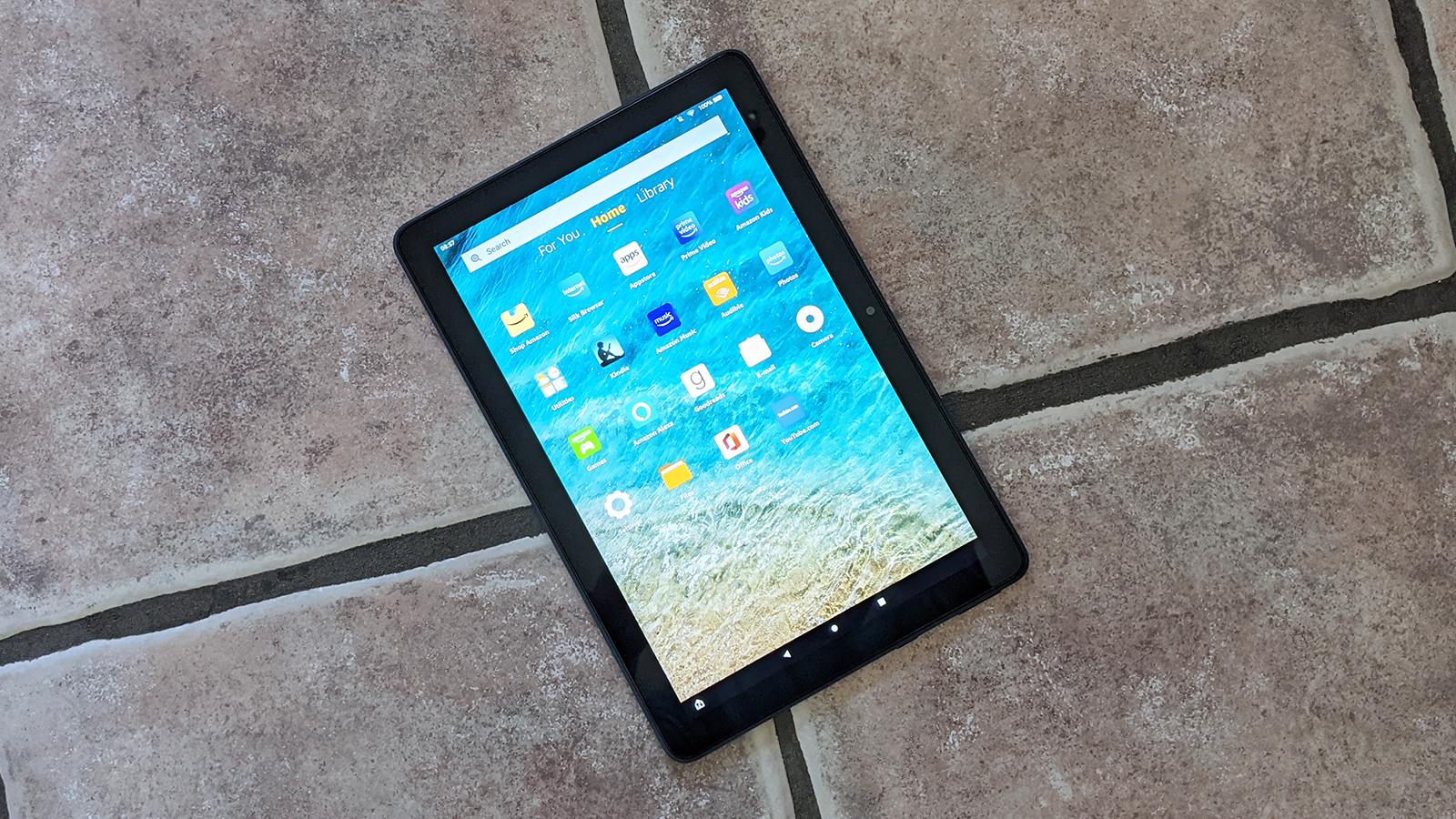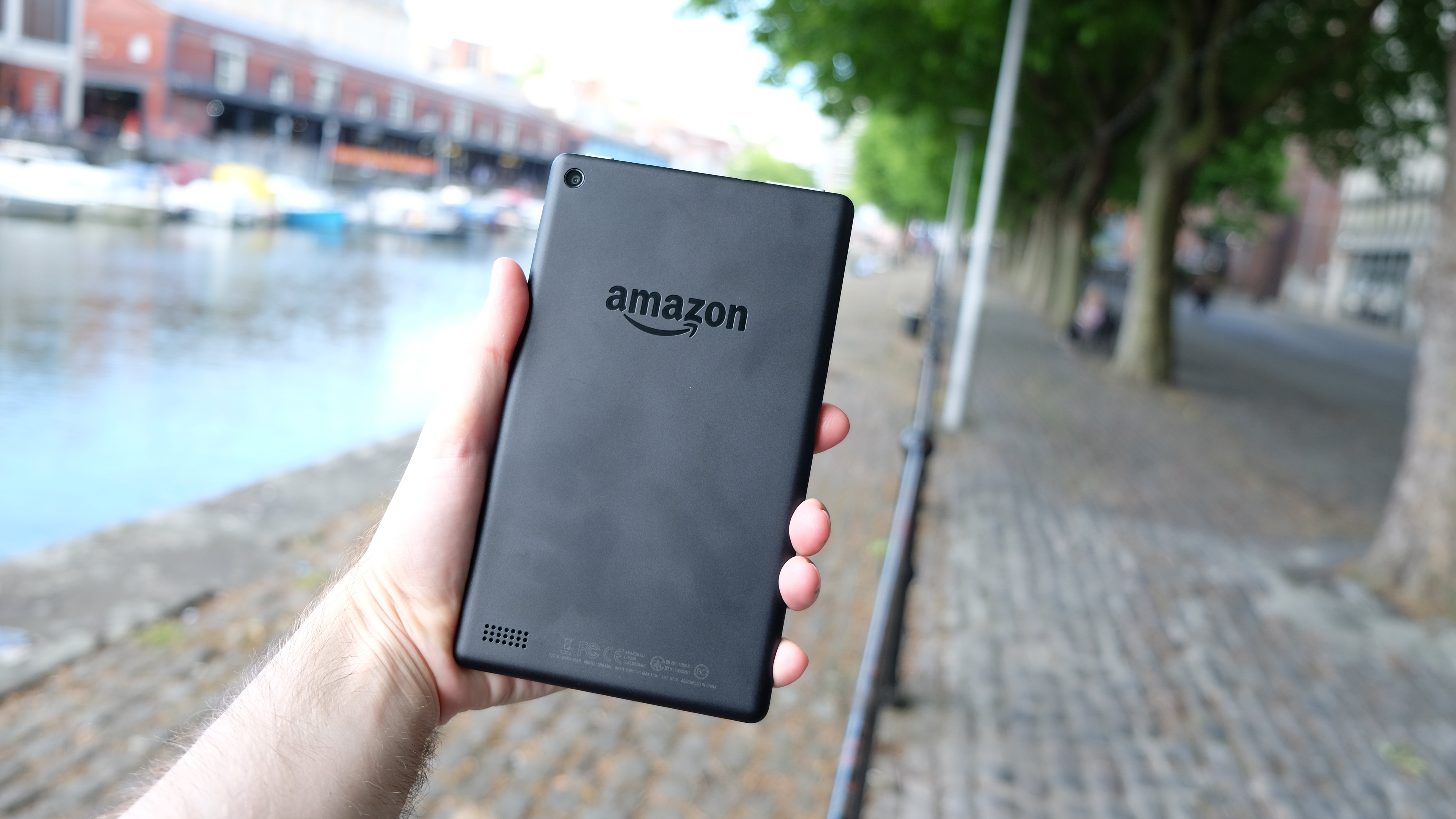Here's why an Amazon Fire tablet, not an iPad, should be your Prime Day buy
Cheap and cheerful always wins

People often use our Amazon Prime Day list of the best iPads to buy a brand-new Apple tablet. The slates are often so expensive that even a slight discount can result in lots of money saved.
There's a lot to be said for purchasing an iPad – they're popular, powerful and pretty, and so it isn't surprising to find a number of iPad models sitting on our list of the best tablets.
But you could save yourself huge sums of money if you pushed Apple's super-expensive slates and bank-breaking accessories from the forefront of your mind, and instead looked at the other end of the price spectrum.
Amazon's Fire tablets
The Amazon Fire range of slates are the epitome of what you'd class as "cheap tablets". They come with tacky-feeling plastic bodies, weak chipsets, and software that's so full of pre-loaded apps that most people don't even realise that, at its core, they're Android devices.
Yet for most folk, they deliver all you'll need– whether that's non-stop movie streaming, an entertainment tablet for the road, or even a portable working device.

Fire tablets – there's the 7, HD 8 and HD 10, along with a few Kids' Editions and Plus models – are closely tied with Amazon's ecosystem of apps and services. This means they come pre-loaded with Prime Video, Prime Music, Kindle and the like, although it's also possible to install rival services such as Netflix or Spotify.
This makes them a great hub for entertainment (if you have a Prime account, that is), since the Fire device will effectively become your one-stop shop for music, movies, games, books and more. Thanks to the ability to easily download content using these apps, Fire tablets are also great for on-the-go entertainment.
Sign up for breaking news, reviews, opinion, top tech deals, and more.
Amazon Fire slates tend to be lighter and smaller than most other tablets, too, which also makes them great devices for frequent travelers, or for handing to kids on a long road trip to quieten them down.
Although Fire tablets have typically been associated with entertainment, not so much business or college work, this is also now starting to change.
A range of accessories
On Amazon, you can find plenty of stands, keyboards and even styli for Amazon Fire tablets, which let you transform these slates into portable workstations for word processing or dealing with emails.

You may have started to see more and more Fire tablets being worked on in coffee shops and libraries, with users beginning to become more aware of their use beyond entertainment.
So, unless you require lots of processing power for top-end apps, we've now established that Fire devices can match Apple iPads for work and play; but there's one key way in which they beat them.
If the price is right
When it comes to price, Amazon's Fire tablets undercut iPads significantly. Prices for the most recent Fire HD 10 start at $150 / £150 (about AU$195); the cheapest iPad 10.2 starts at $329 / £319 / AU$499. Unless you're stuck deep in the Apple ecosystem – and maybe even then – the Fire HD is the cheaper choice.
Fire tablets offer great battery life, equal displays to their pricier alternatives, and are far more durable than most slates, too.
Amazon's products generally are the cheapest in their sector, with Kindles usually undercutting other e-readers, and the company's TV sticks and earbuds also coming in at super-affordable prices.
Cheap products are always worth considering – especially in 2022, given that the gulf between affordable and premium products has narrowed, and the cost of living crisis.
But when you can do almost everything you'll want to on a Fire tablet, iPad models that can cost up to twice as much are far more difficult to recommend. Sure, for creative professionals or power-users the extra features that Apple's tablets bring may be preferable. For the vast majority of users, however, an Amazon tablet will deliver all you need – and will save you a pretty penny, too.

Tom Bedford is a freelance contributor covering tech, entertainment and gaming. Beyond TechRadar, he has bylines on sites including GamesRadar, Digital Trends, WhattoWatch and BGR. From 2019 to 2022 he was on the TechRadar team as the staff writer and then deputy editor for the mobile team.